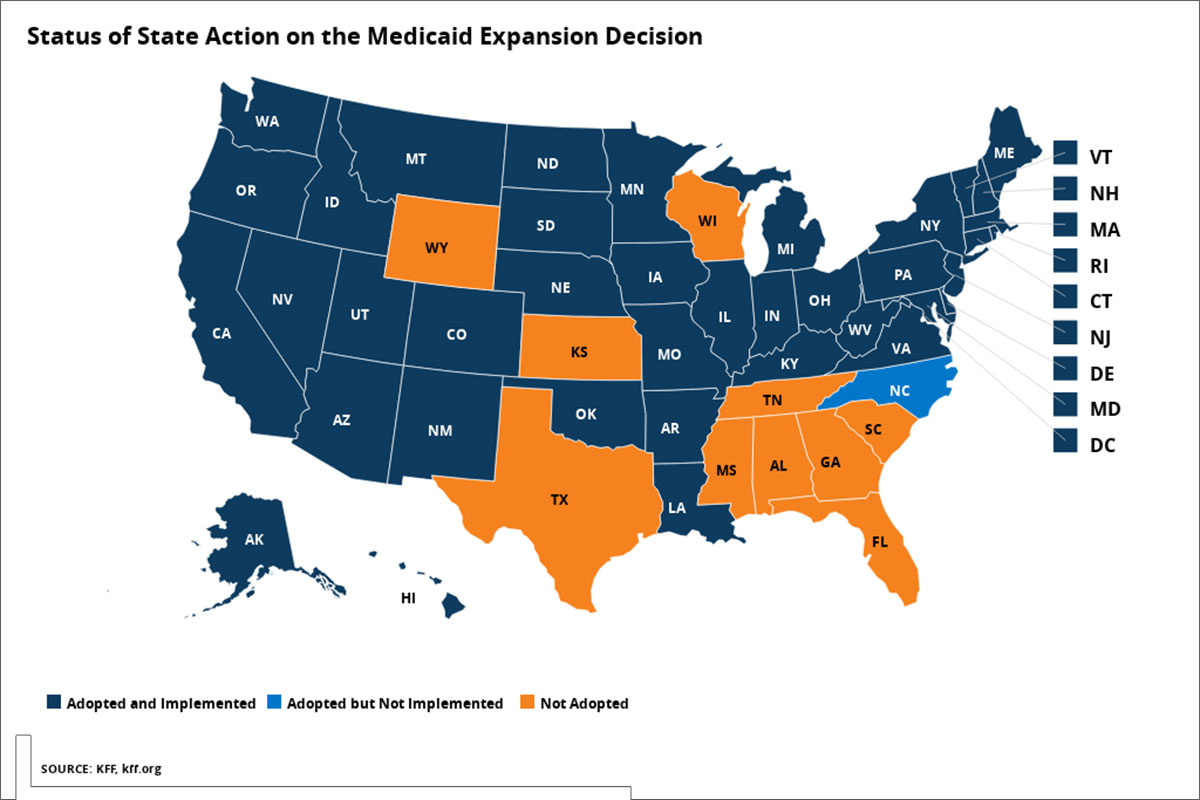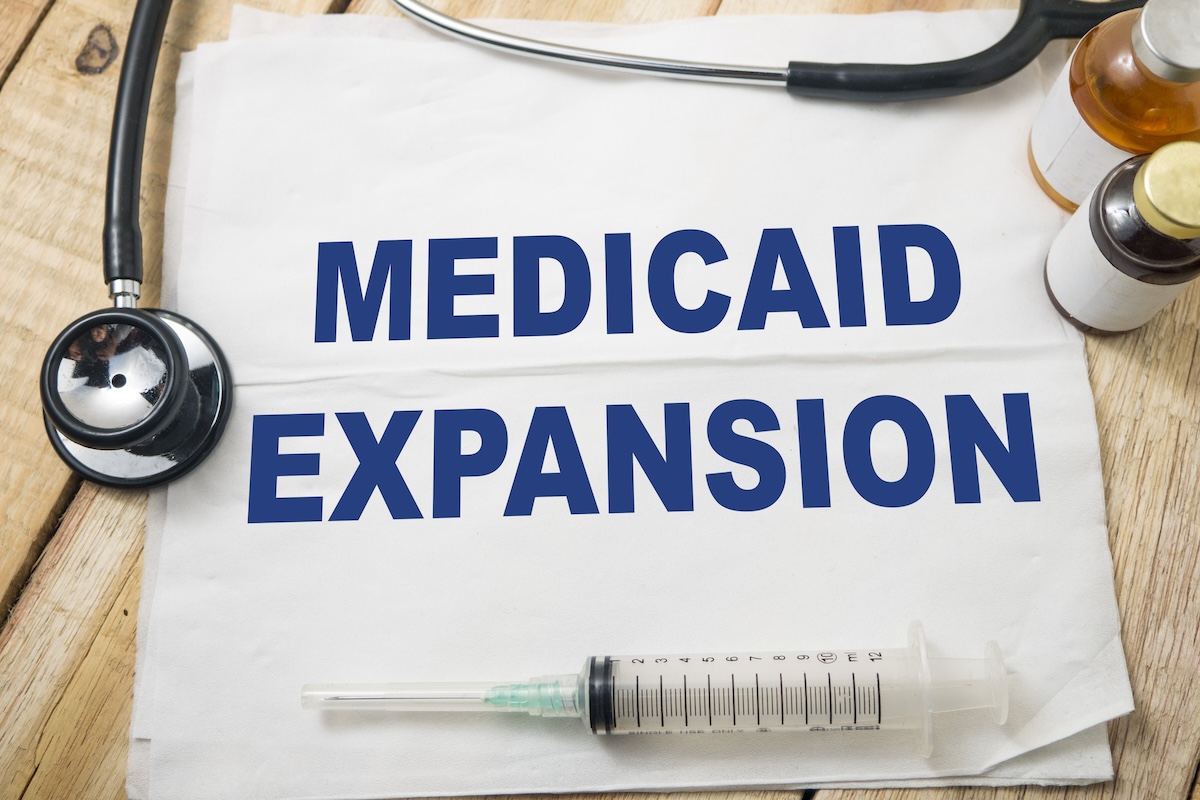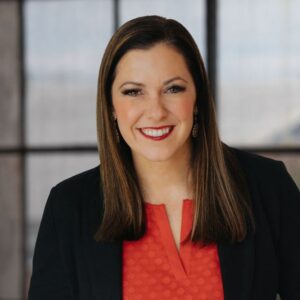As founder and president of the Allegro Family Clinic, I’ve been proud to serve rural Mississippi’s families and communities. But I am increasingly concerned about the more than 200,000 patients living without access to quality and affordable health care, simply because some politicians are stopping it. Forty states across the country have expanded Medicaid. Mississippi has not.
That means that too many Mississippians are caught in the “coverage gap” where they make “too much” for Medicaid, but “not enough” to cover affordable private insurance. This traps Mississippians in cycles of poverty and debt and makes it even more challenging for them to afford the care they need. That forces families in Mississippi to make an impossible choice between getting the health care they need and paying for rent, gas and groceries.

Mississippi’s uninsured rate is nearly 11%, one of the highest in the country. As a registered nurse, I know the harm lack of health-care access for patients and their families causes. People need health care, whether or not they have health insurance. When people are left without access to health coverage, they can’t afford a doctor’s visit, delay much-needed care and are left with the emergency room as their only option. This is very costly for our state.
As a clinician, we went to school to treat patients, and we get joy from seeing patients heal. As a for-profit practice, we now have to consider what insurance patients have and whether they can afford the proper care before making decisions. Mississippi health care is broken—there are so many hoops to jump through to give patients care. When someone comes to a clinic uninsured, they are less likely to follow through on medical suggestions due to the financial burden it will put on them.
Close the Health- Care ‘Coverage Gap’
I see every day how Mississippi’s rural hospitals and clinics are shouldering the burden of this uncompensated care, and Mississippi patients are facing the consequences. If hospitals aren’t reimbursed for the care they provide, they’re forced to make tough decisions like laying off staff or closing their doors. Nearly half of our remaining rural hospitals are financially vulnerable to closure. Dwindling health-care options means less proximity to care for all Mississippians, but especially those in underserved communities and rural areas across the state.

I know I speak for our entire network of primary/pediatric-care clinics and providers when I say we all want to do just that: provide care. We would appreciate a voice from the medical community and offer our politicians our time to hear personal stories of how it affects patients’ clinical visits and medications. We believe some politicians are putting politics over patients, and as someone who works with primary care clinics every day, I know this will lead to worsening health outcomes and harm for our friends, neighbors and families.
Closing the coverage gap would allow people to go to their doctor instead of the emergency room when they get sick. It would help patients get the care they need without the fear and insecurity of mounting medical debt. And it would lessen the burden on hospitals, clinics and providers across Mississippi. On Feb. 28, the Mississippi House passed a bill to close the coverage gap and protect Mississippi’s patients. Then, on March 28, an amended version of the House bill passed the Senate. The amended version has been sent back to the House for a vote. Work must be done to completely close the coverage gap. Our legislators can and must work together. They must take action to support Mississippi’s health-care providers, hospitals and patients.
This MFP Voices essay does not necessarily represent the views of the Mississippi Free Press, its staff or board members. To submit an opinion for the MFP Voices section, send up to 1,200 words and sources fact-checking the included information to azia@mississippifreepress.org. We welcome a wide variety of viewpoints.






